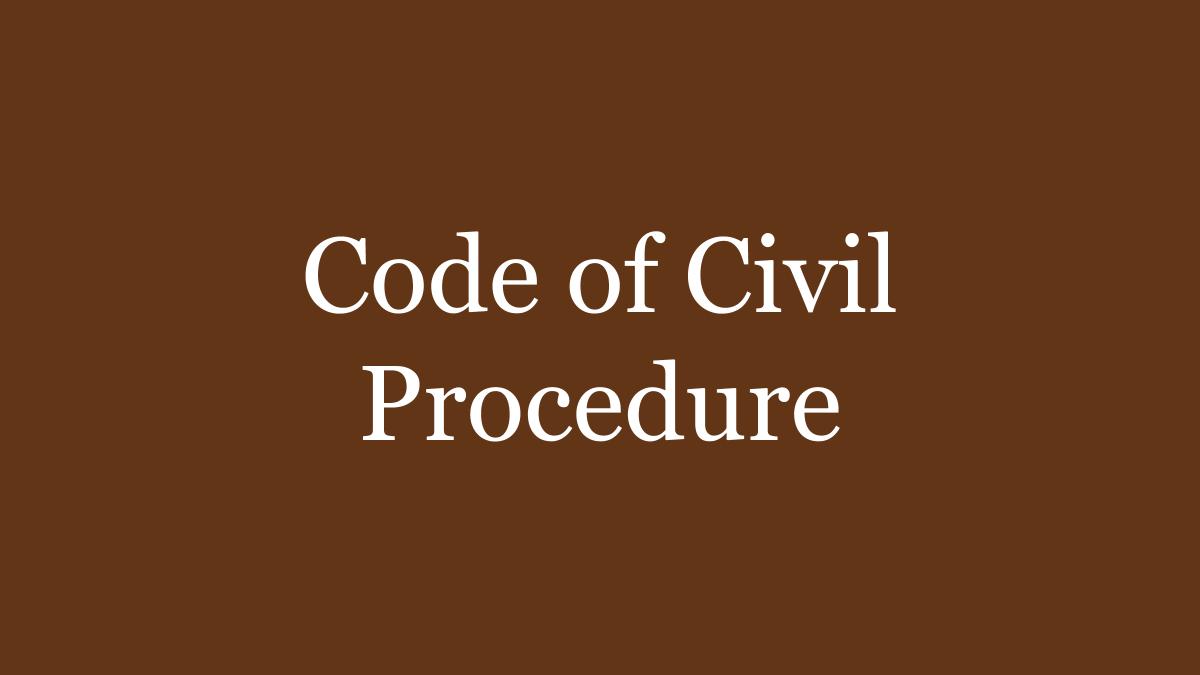In matter pertaining to the Civil Procedure Code (CPC), if sufficient cause is not provided for the absence during the hearing summons then the court shall not impugn the ex-parte judgment which stood challenged. It was thus observed in the matter of M/S Hira Sweets & Confectionary Pvt. Ltd. v Hira Confectioners CS(COMM) 17/2018 before the bench of Manoj Kumar Ohri J. that the court shall not condone any delay in filing application and further shall not set aside any judgment rendered through it if sufficient cause is not produced for being absent during trial.
The plaintiffs’ predecessor had started the business of selling sweets in the year 1912 and the trademark/label ‘HIRA SWEETS’ was conceived and adopted by the plaintiffs’ predecessor in the year 1960. It was also averred that plaintiff No.1 was the registered proprietor of the original artistic work ‘HIRA SWEETS’ and it became the registered proprietor of the mark and device ‘HIRA SWEETS’ under Classes 29, 30, 32 and 43 of the Trade Marks Act, 1999 in 2016. The defendant was served with the summons in suit and after availing various opportunities, filed the written statement however, thereafter, stopped appearing before the Court. Later, on the defendant’s continued absence, his right to file the affidavit of admission/denial of documents was closed.
Insofar as the scope of an application under Order IX Rule 13 CPC is concerned, the Court had to see whether the summons in the suit were duly served or not and/or whether the defendant was prevented by any “sufficient cause” from appearing when the suit was called for hearing. In the present case, the defendant was duly served with the summons in the suit and had appeared however failed to justify the reasons for the inordinate absence from hearing in the previous instances.
The court was of the opinion that “sufficient cause” is an elastic expression and no hard and fast guidelines are prescribed. The Court, in its discretion, has to consider the “sufficient cause” in the facts and circumstances of every individual case. Although in interpreting the words “sufficient cause”, the Court has wide discretion but the same has to be exercised in the particular facts of the case. Article 123 of The Limitation Act prescribes that the application for setting aside an ex-parte decree should be filed within thirty days of passing of the decree.
The court referred the Supreme Court’s judgment in A. Murugesan v. Jamuna Rani (2019) 20 SCC 803 wherein it affirmed its earlier view in G.P.Srivastava v. R.K. Raizada (2000) 3 SCC 54 that under Order 9 Rule 13 CPC an ex-parte decree passed against a defendant can be set aside upon satisfaction of the Court that either the summons were not duly served upon the defendant or he was prevented by any “sufficient cause” from appearing when the suit was called on for hearing and unless “sufficient cause” is shown for non-appearance of the defendant in the case on the date of hearing, the court has no power to set aside an ex-parte decree.
In the judgement of this Court it was rendered that “The defendant has failed to show any “sufficient cause” for its absence in the Court on the material dates. The defendant has also failed to satisfactorily explain the delay of 582 days in filing the captioned application. The explanation given by the defendant is only an eye-wash.”


